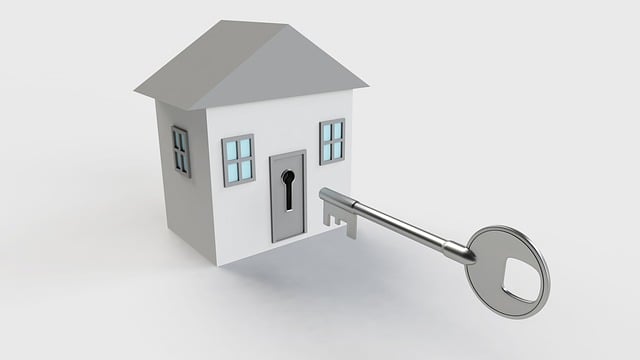In recent years, more and more seniors are choosing to take out mortgages later in life. Whether they are looking to downsize, move closer to family, buy a vacation home, or simply take advantage of low interest rates, older Americans are realizing they can still finance home purchases after retirement.
However, getting a home loan when you’re older can pose some challenges compared to when you were younger and had steady employment income. Lenders want to confirm older borrowers have the reliable income and financial stability to repay the loan. The good news is that with careful planning and preparation, you can increase your chances of mortgage approval in retirement. In this article, we’ll explore some key strategies for securing a home loan as an older adult.
Improve Your Credit History and Score
One of the first critical steps is ensuring you have a strong credit profile. Lenders will scrutinize your credit history and FICO credit score closely when assessing your application. Do everything you can in the years leading up to your mortgage application to pay down existing debts, dispute any errors on your credit reports, and avoid taking on new vehicle loans, credit cards or other debts that could negatively impact your score. Having minimal debts along with a credit score over 740 will go a long way towards getting approved. Check your FICO score at least 6 months before applying and take measures to boost it if needed.
Pay Off or Consolidate Existing Debt
In evaluating eligibility, lenders will want to see your total debt-to-income ratio within certain limits. This means making an effort to pay off loans like auto, credit cards, home equity lines of credit, and any other outstanding debts ahead of your application to meaningfully lower your DTI. If you have multiple high-interest debts, consider consolidating them into a single, lower fixed interest loan to simplify monthly payments. Given that your income sources are likely limited in retirement, reducing total monthly debts as much as possible in the years leading up to the mortgage can impact how much lenders approve you for.

Leverage Retirement Account Funds
Unlike salaried income sources that expire upon retirement, lenders can consider 401k, IRA, and other retirement account assets when qualifying borrowers. This can be tremendously beneficial for retirees who may not have steady monthly pension or Social Security income during retirement. Work closely with your lender and financial advisor to structure your loan application in a way that appropriately factors in your applicable retirement funds and assets. With the proper documentation, many lenders will include a portion of IRA and 401k balances in assessing your financial health, providing more flexibility for seniors who otherwise may have limited income sources on paper.
Make a Sizable Down Payment
While FHA loans require just 3.5% down, putting 20% or more down shows lenders you have substantial assets and are financially stable enough to save a larger amount. This helps mitigate concerns over dipping into retirement funds. A more sizable down payment also means you can likely avoid paying private mortgage insurance, which is required for down payments under 20%. Many seniors who have decades of home equity, sold a previous home, or diligently saved in retirement accounts can have funds available for a larger down payment. Contributing more upfront can also allow better loan terms and significantly increase the chances of approval.
Select a Shorter Loan Term
Opting for a 15-year or 20-year mortgage instead of a traditional 30-year term demonstrates to lenders you can handle the greater monthly payment and are financially responsible. The shorter term also means you’ll pay substantially less interest over the life of the loan. Since lenders may be hesitant about older borrowers taking out new 30-year mortgages late into retirement, choosing a more manageable term length eases such concerns. Just be sure to run the numbers to confirm the higher monthly payment fits within your fixed retirement budget. A mortgage broker can help assess the best term length given your specific situation.

Work with Lenders Specializing in Senior Loans
Many national lenders like Quicken Loans, loanDepot, and Fairway Independent Mortgage have specific mortgage programs tailored for retirees. They understand seniors’ unique financial profiles and income situations in retirement. Gather quotes from multiple lenders catering to older borrowers to find the best rate and terms. Ask lenders upfront what flexible options they provide in terms of factoring in retirement account assets and demonstrating satisfactory income sources. The right lender will know how to address concerns over your age and structure the loan terms accordingly. Leaning on a lender experienced with senior borrowers can simplify the process.
Conclusion
With diligent preparation and working with lenders who understand senior needs, getting approved for a mortgage after retirement is very possible. Focus on improving your credit, minimizing debts, and partnering with specialists. With the proper approach, you can still finance the home you want later in life.